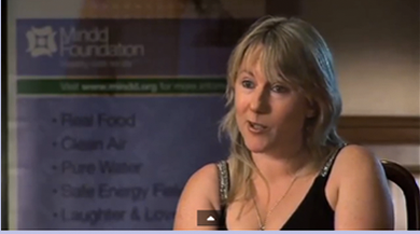Your Support Offers Hope & Real Solutions
Integrative Healthcare offers hope and real solutions. With support from donors, Mindd Foundation helps families access the best evidence-based information, products and services.
Please consider making a monthly donation so we can help children like Archie get the healthy start that is truly life-changing.
Every donation of any amount makes a difference!
About Mindd Foundation
Since 2005, Mindd Foundation has been working tirelessly to educate parents and train practitioners in the latest evidence-based science with the help of global experts in Integrative Healthcare with a focus on gut and microbiome health.
Our 100 plus events and online information have helped us empower tens of thousands of families to understand and implement the necessary diet, lifestyle and healthcare changes for children who have been slipping through the cracks.
We provide non-biased thought leadership and help build networks that provide vital support to parents, carers, educators and health professionals.
An Epidemic of Chronic Illness in Our Children
Click to view by country




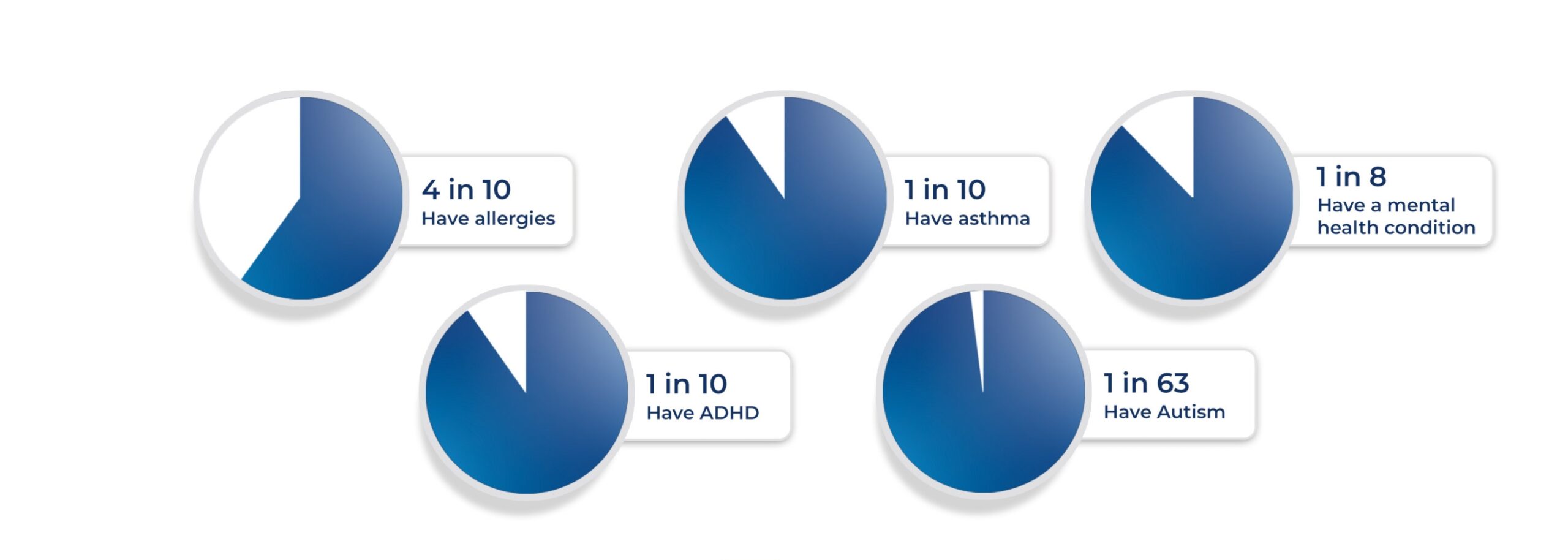

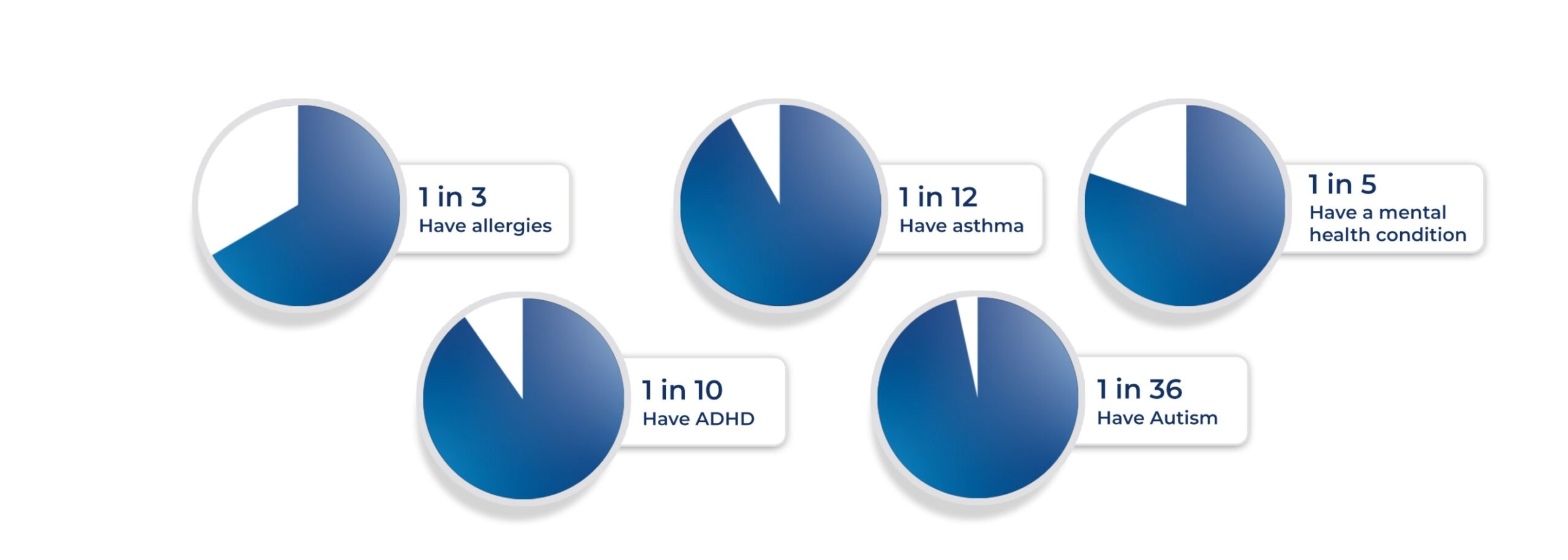

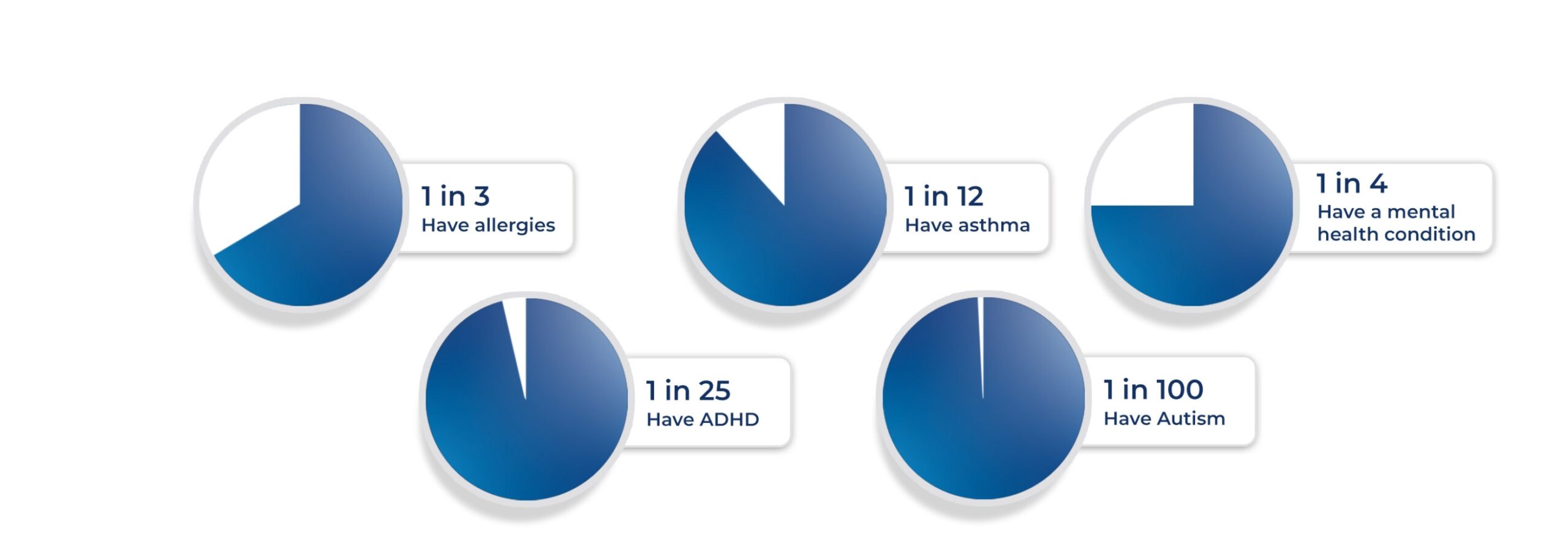
Archie's Story
Thankfully, a chance encounter with Pete Evans led Archie’s mother to the Mind Foundation, where they found the help and support they needed to address Archie’s symptoms and improve his quality of life. The journey has been challenging, but the family is grateful for the support they received, and they are optimistic about Archie’s future.
The video's message is clear: children with autism and their families face many challenges, but with the right support and resources, progress can be made. By donating to support autism research and support services, we can make a difference in the lives of children like Archie and their families. Let's come together to provide the help and hope they need.
Your donation will receive a tax-deductible receipt
Autism
7 year old Jade was diagnosed with regressive Autism at the age of 2 years and 9 months. She declined from a healthy 2 year old to a non-verbal toddler with classic signs of Autism such as hand-flapping, chest-patting, toe-walking and no eye contact. Through a specialist approach that focused on Nutritional Medicine, Jade is now a happy and healthy Year 2 student in a mainstream school. Jade’s mum had this to say “The information and knowledge that we have gained through the Mindd Foundation empowered us with the confidence and the skills to recover our beautiful girl”.
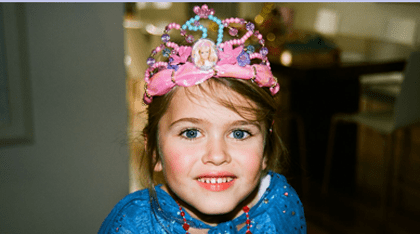
ADHD
10 year-old John struggled in school for years. His school recommended a psychiatrist who diagnosed ADHD and recommended a psychostimulant. Within a week of taking the medication, John became suicidal. Through Mindd Foundation, John’s mum found a doctor specialising in Nutritional Medicine who advised dietary changes and therapeutic doses of zinc, magnesium, B6 and other nutrients tailored to John’s needs. Within two weeks his suicidal thoughts had subsided and within a year the ADHD symptoms had all but disappeared. John is now a high functioning, drug free teenager.
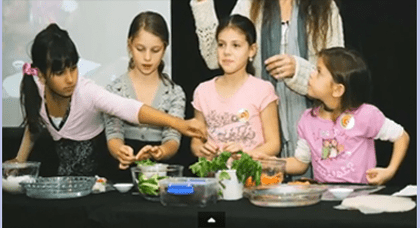
Allergies
Eight year-old Bryan was diagnosed with ADHD and learning delay. Medication was recommended. Bryan’s parents sought advice from a doctor specialising in Nutritional Medicine who diagnosed intestinal permeability, dysbiosis, food allergies and intolerances. By eliminating offending foods (including some fruits) nd healing the digestive tract, Bryan’s “ADHD” disappeared. Bryan’s allergies and food sensitivities had been misdiagnosed as ADHD
